Health
What Does Women’s Low Testosterone Mean?
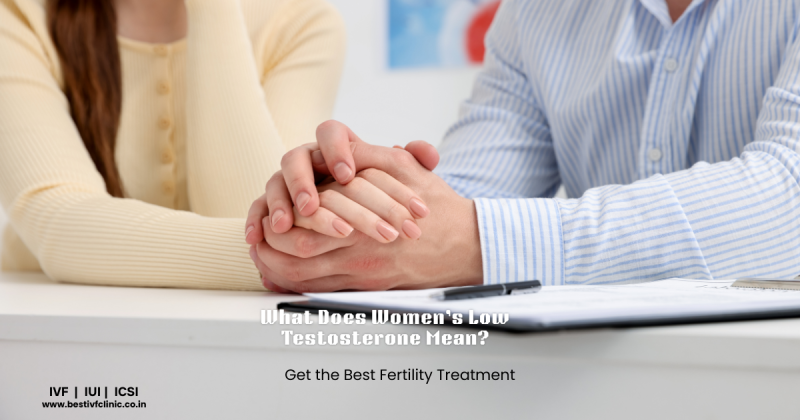
1. Introduction:
Why Testosterone Matters for Women
When you hear "testosterone," you probably think about muscle-bound men or athletes. But did you know that testosterone plays an important role in women's health too? Yes, women need this hormone too, and low levels can have surprising effects. Think of testosterone as the unsung hero in the orchestra of your body-- quiet but essential.
Discover what women's low testosterone means and how it impacts health. Consult the best IVF specialist in New Delhi for expert care.
2. What Is Testosterone?
Testosterone is a hormone often labeled as "male," but that's misleading. Both men and women produce testosterone, though in different amounts. In women, it's produced mainly in the ovaries and adrenal glands. It influences various functions like energy levels, mood, bone health, and yes, sexual drive.
3. Why Do Women Need Testosterone?
You might wonder, "Why does a woman need testosterone at all?" Good question! Here are the key roles it plays:
Maintains bone strength
Supports libido (sexual desire).
Boosts energy and mood stability.
Helps muscle development.
Supports cognitive functions like memory and focus.
It's like the spark plug of a car-- without it, things don't run as smoothly.
4. What Happens When Testosterone Is Low?
When testosterone levels dip, women may face a host of issues. Think of it like a dimming light bulb-- the bulb doesn't stop working, but it sure doesn't shine bright. You might experience fatigue, mood swings, poor concentration, decreased muscle strength, and low sex drive. Over time, this can lead to serious health concerns if not addressed.
5. Common Causes of Low Testosterone in Women.
Several factors can contribute to low testosterone:.
Aging: Levels naturally decline after 30.
Ovarian Issues: Conditions like polycystic ovary syndrome (PCOS) or ovarian failure.
Adrenal Gland Problems: These glands also produce testosterone.
Medications: Some hormonal contraceptives and corticosteroids.
Severe Stress: Chronic stress can disrupt hormone production.
Poor Nutrition: Deficiencies in vitamins and minerals affect hormone balance.
6. Symptoms of Low Testosterone.
How can you tell if your testosterone is low? Look for these red flags:.
Low Libido: Noticeable drop in sexual interest.
Mood Changes: Depression, irritability, or anxiety.
Fatigue: Feeling constantly tired without explanation.
Muscle Weakness: Difficulty gaining or maintaining muscle tone.
Bone Loss: Increased risk of osteoporosis.
Memory Issues: Trouble focusing or remembering things.
Unexplained Weight Gain.
If you recognize these, it's worth discussing with your doctor.
7. How Is Low Testosterone Diagnosed?
Diagnosing low testosterone isn't guesswork. A doctor will typically:.
Review Symptoms: Your health history and symptoms are key.
Blood Test: The most accurate way to measure testosterone levels.
Check Related Hormones: Estrogen, cortisol, thyroid hormones may also be tested.
It's important not to self-diagnose because symptoms can overlap with other conditions.
8. Treatment Options for Low Testosterone.
Treatments depend on the cause and severity but generally include:.
Hormone Replacement Therapy (HRT): Prescribed by doctors to restore hormone balance.
Testosterone Gels or Patches: Applied to the skin to deliver testosterone.
Lifestyle Adjustments: Diet, exercise, and stress management.
It's like fixing a leaking faucet-- first, you identify the cause, then decide whether you need a simple patch or a full replacement.
9. Lifestyle Changes to Improve Hormone Balance.
Here are practical steps that can naturally help your body balance hormones:.
Eat Balanced Meals: High in protein, healthy fats, and essential vitamins.
Exercise Regularly: Strength training can boost testosterone levels.
Manage Stress: Meditation, yoga, and adequate sleep can help.
Limit Alcohol & Sugar: Both can negatively impact hormone production.
Maintain Healthy Weight: Obesity can disrupt hormone levels.
10. When to See a Specialist?
If symptoms persist or worsen, it's time to consult a professional. Especially if you're facing fertility challenges, a specialist can provide the best path forward. Don't wait until things get worse-- early diagnosis leads to better outcomes.
11. The Role of the Best IVF Specialist in New Delhi.
Struggling with fertility or low testosterone? The best IVF specialist in New Delhi can be your guiding light. These experts don't just focus on IVF treatments but also thoroughly investigate hormonal imbalances, including low testosterone, to tailor the best solution for you. Their deep expertise ensures you receive advanced care, whether it's hormone therapy or assisted reproductive techniques.
12. Natural Ways to Boost Testosterone.
If you're not ready for medical treatments yet, consider these natural methods:.
Consume Healthy Fats: Avocados, nuts, and olive oil.
Get Quality Sleep: Aim for 7-- 8 hours per night.
Regular Exercise: Especially weight lifting.
Vitamin D Supplements: Low levels can reduce testosterone.
Herbal Supplements: Ashwagandha and fenugreek may help.
13. The Link Between Low Testosterone and Infertility.
Did you know low testosterone can impact your chances of getting pregnant? It plays a role in ovarian function and egg health. Without balanced testosterone, ovulation can be irregular or even stop, making conception harder. That's where an IVF specialist in New Delhi steps in, offering tailored hormone treatments and advanced reproductive methods.
14. Risks of Ignoring Low Testosterone.
Ignoring this condition isn't just about feeling tired or moody. Over time, risks include:.
Osteoporosis.
Chronic Fatigue.
Depression and Anxiety.
Decreased Libido.
Infertility.
It's like ignoring a warning light on your car's dashboard-- it won't fix itself.
15. Conclusion.
Low testosterone in women is a silent disruptor that affects much more than just mood or energy. From sexual health to bone strength and fertility, its impact is widespread. Whether you choose natural methods or seek medical help, consulting the best IVF specialist in New Delhi can provide the right diagnosis and treatment plan. Don't let this hormone imbalance steal your spark-- act early and smart.
Frequently Asked Questions (FAQs).
1. Can low testosterone cause infertility in women?
Yes, low testosterone can disrupt ovulation and reduce egg quality, making it harder to conceive.
2. How is low testosterone treated in women?
Treatment may include hormone replacement therapy, testosterone gels, patches, or lifestyle adjustments like diet and exercise.
3. Is low testosterone common in women?
It's less common than in men but becomes more prevalent after the age of 30, especially with stress, poor diet, or ovarian issues.
4. Can lifestyle changes improve testosterone levels naturally?
Absolutely! Balanced nutrition, regular exercise, stress management, and proper sleep can help boost testosterone.
5. Why should I see the best IVF specialist in New Delhi for low testosterone?
An expert ensures accurate diagnosis and provides personalized treatment plans, especially if you're facing fertility challenges alongside low testosterone.
Source:
Click for the: Full Story
You might like
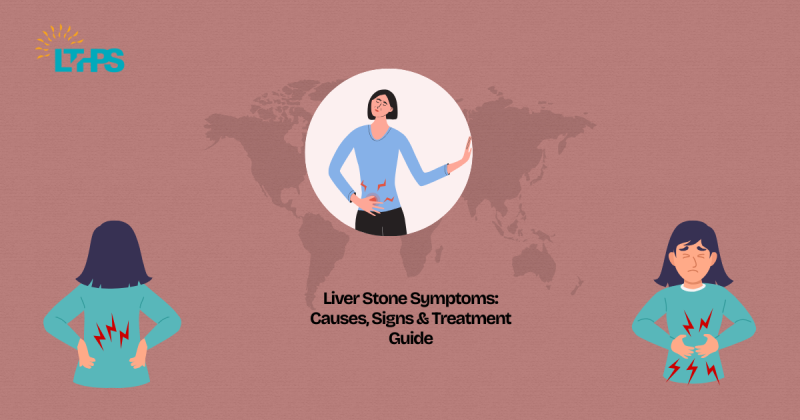

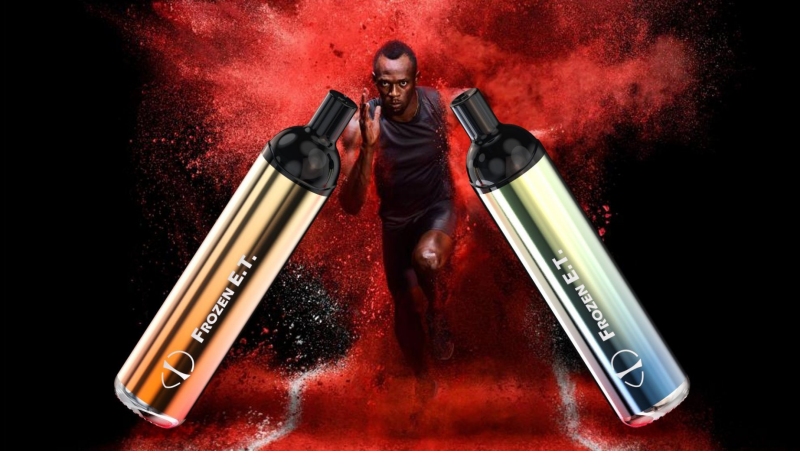
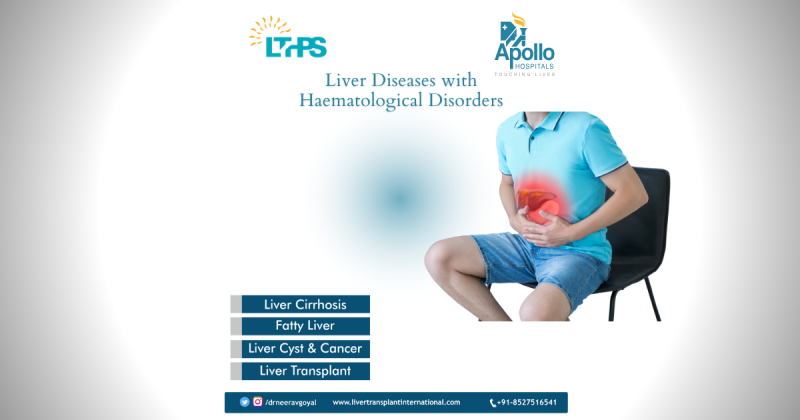





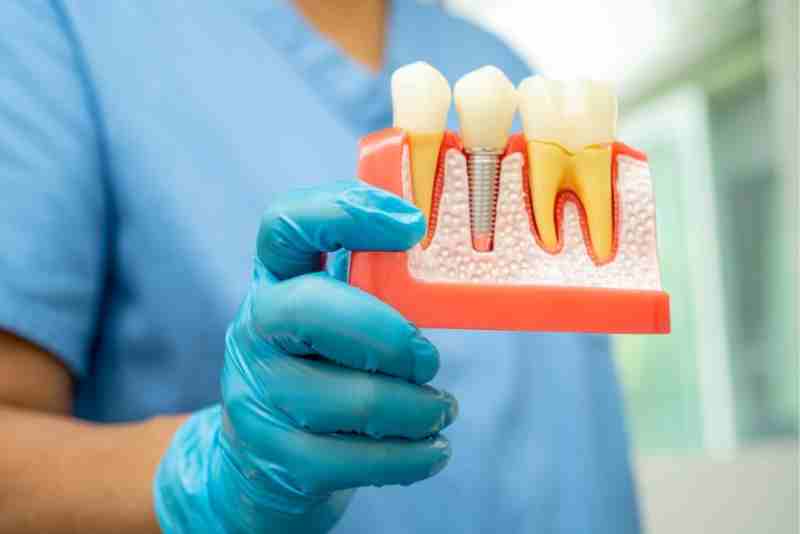



 Close Menu
Close Menu